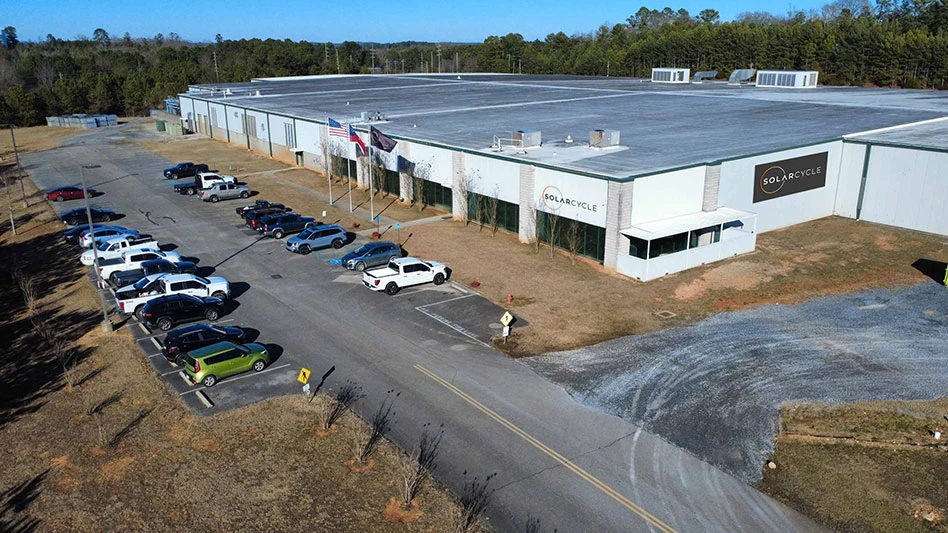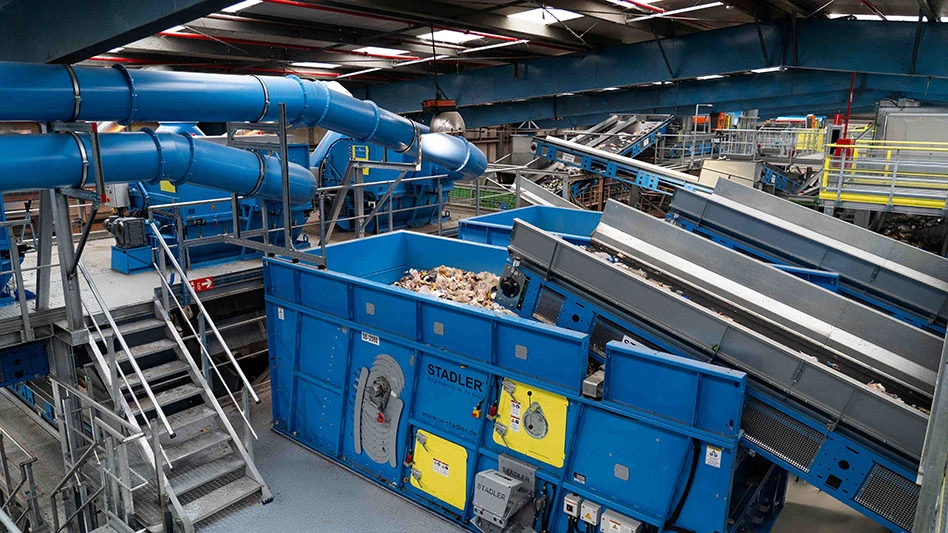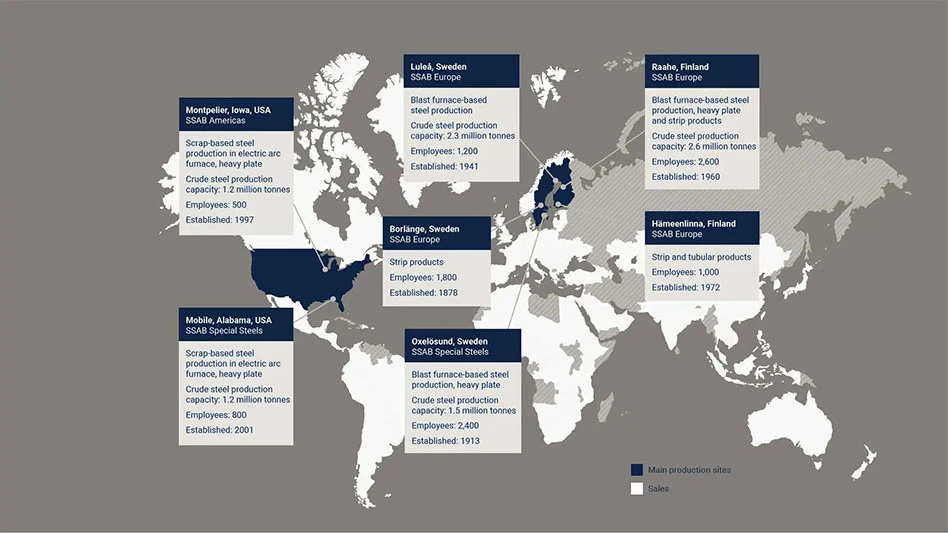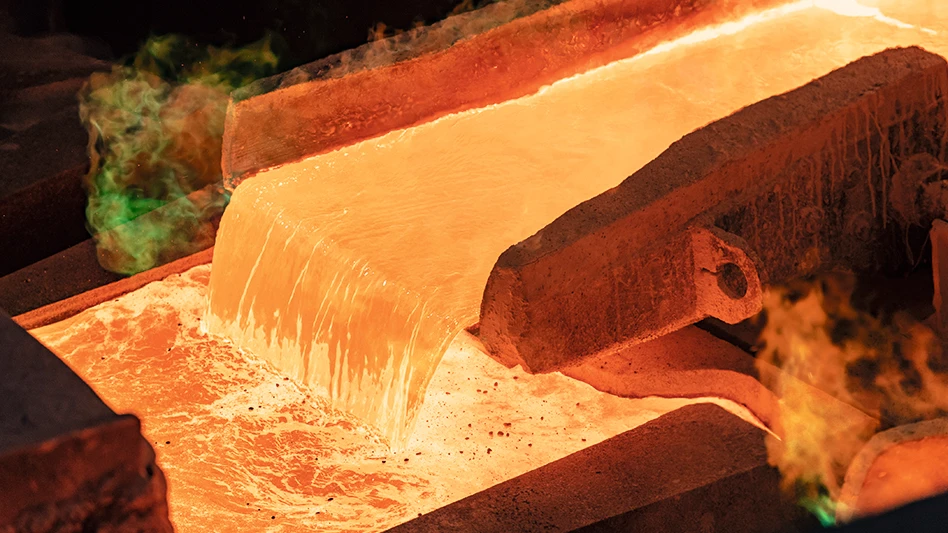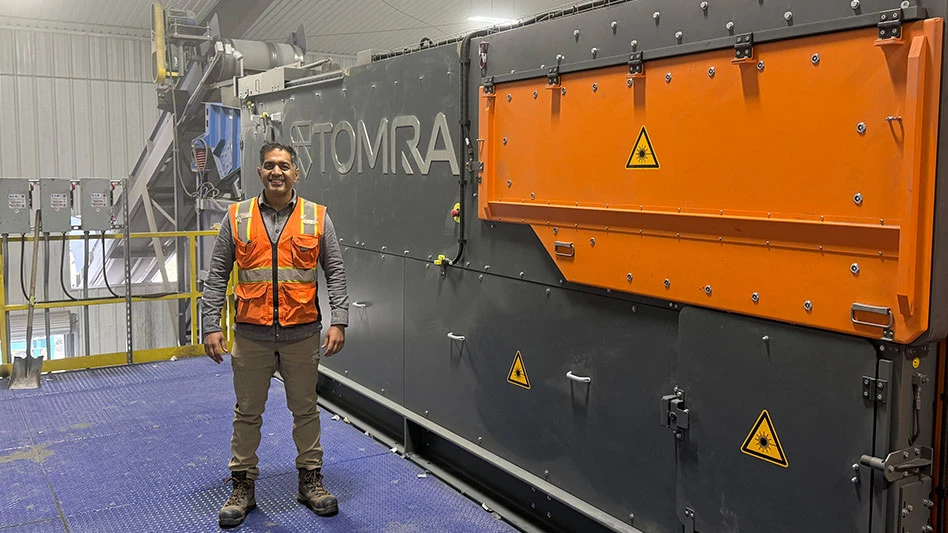
Photo: Kenoteq
Kenoteq, a Scottish startup company, has launched a sustainable building brick made from 90 percent construction waste materials. Created by Professor Gabriela Medero at Heriot-Watt University, Edinburgh, Scotland, the “K-Briq” generates less than 10 percent of the carbon emissions released during the manufacturing of regular bricks, reports Forbes.
With a background in civil engineering, Medero began looking at potential ways to reuse construction materials more than 10 years ago. “I started looking at how we might reuse construction materials, since so much waste was being produced. Was it possible to recycle these materials and reuse them in a more circular approach? This was the driving force for me to create something better,” she says.
According to Medero, the K-Briq looks like an ordinary brick, weighs the same and behaves like a clay brick, but offers more effective insulation properties. However, unlike a clay brick, the K-Briq is unfired, removing the need to generate temperatures of over 1,300 degrees Celsius in a specialized oven.
“The carbon footprint and energy demand of this alone is crazy. There is no heating involved,” she adds.
Since the waste materials found at different construction or demolition sites will vary, the K-Briq can’t be manufactured on-site. Instead, the source materials come from collection points like recycling centers and a strict recipe is followed.
In order to meet regulations for use in load-bearing situations and fire resistance, the K-Briq has had to pass numerous building standards. “We’ve been performing durability tests for many years. We’ve simulated the most extreme circumstances by repeatedly boiling and freezing them and created the harshest conditions over varying time periods,” Medero says.
In addition to saving energy in the manufacturing process by not using any heat, Kenoteq reduces carbon emissions by producing the bricks locally to Scotland, thus removing the need to import anything from anywhere else in Europe. Bricks used in buildings in Scotland often come from Belgium, Spain, Portugal or the Ukraine.
Should Kenoteq establish itself as an international company, then this current set-up would more than likely change. The manufacturing technique could even potentially be licensed, but Medero says she’ll worry about that later down the line. Kenoteq is currently producing its bricks at Hamilton's Waste and Recycling in Edinburgh.
The 2020 Serpentine Pavilion in London’s Kensington Gardens was anticipated to be constructed using the K-Briq, but Kenoteq has been informed that the plan is currently to postpone the project, given the implications of the COVID-19 pandemic.
Latest from Recycling Today
- Flexible Film Recycling Alliance report outlines progress
- RERF opens Avagliano award nominations
- Eriez expands European sales network
- Gränges increases sales volume in 2025
- Aduro selects Netherlands as site for industrial scale-up facility
- Nasco-Op declares dividend
- Cyclic Materials announces plans for South Carolina campus
- WM reports revenue, earnings growth in Q4 and full-year 2025
